AeroGenie — Votre copilote intelligent.
Tendances
Categories
Why Production of the World’s Most Reliable Twin-Aisle Aircraft Has Ended
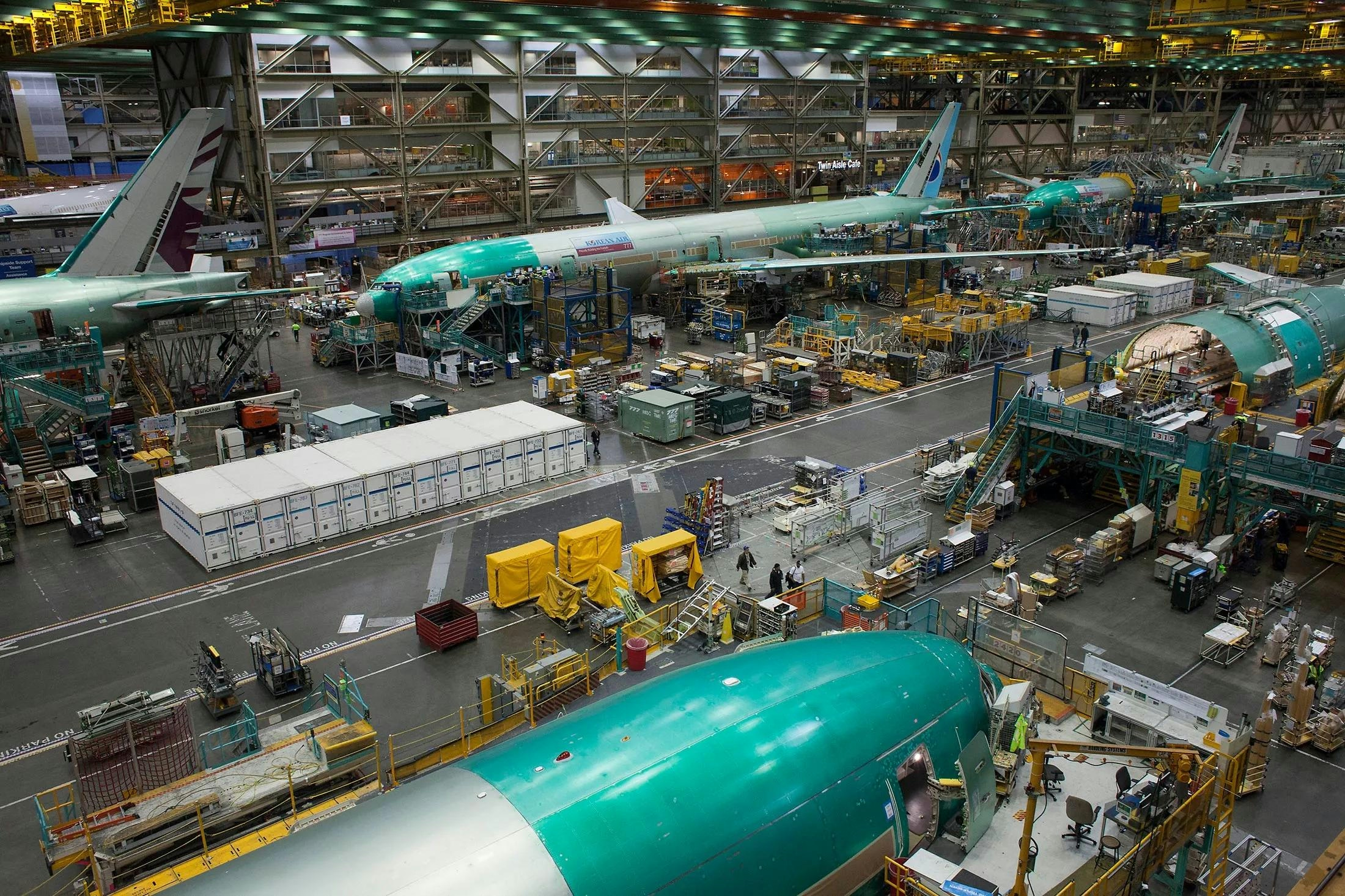
Why Production of the World’s Most Reliable Twin-Aisle Aircraft Has Ended
Boeing, a global leader in commercial aircraft manufacturing, has long been recognized for its innovation and reliability in aviation. Its commercial division, Boeing Commercial Airplanes, employs nearly 50,000 people worldwide, with major production facilities located in Everett, Washington, and Charleston, South Carolina. Over its century-long history, Boeing has introduced a series of iconic aircraft, including the Model 40A, the 707, the 737 family, and the legendary 747. Among its most successful widebody jets is the Boeing 777 series, particularly the 777-300ER, which has become a cornerstone for long-haul carriers around the world.
The End of the 777-300ER Era
The Boeing 777-300ER stands as the best-selling variant within the 777 family, with over 800 units delivered globally. Celebrated for its reliability and operational efficiency, it has served as the backbone of numerous international fleets. However, Boeing has officially ceased production of the 777-300ER, marking the end of a significant chapter in commercial aviation history.
This decision was influenced by several factors. By the late 2010s, the majority of major airlines had already acquired their 777-300ER fleets, leading to a decline in demand for new aircraft of this model. The commercial aviation market itself underwent a transformation, with airlines increasingly favoring smaller, more versatile aircraft—an inclination that was further accelerated by the COVID-19 pandemic’s disruption of long-haul travel patterns. Consequently, Boeing shifted its focus toward sustaining production of the 777 freighter variant while gradually winding down passenger versions.
The 777-300ER will be succeeded by the next-generation 777-9, part of the forthcoming 777X family. This new line of aircraft incorporates advanced technologies, including more powerful engines, a composite wing structure, and a modernized cabin design, all intended to address the evolving requirements of airlines in a competitive market.
Industry Shifts and Market Impact
The conclusion of production for Boeing’s most reliable twin-aisle aircraft occurs amid broader shifts within the aerospace industry. Notably, Airbus’s A320 family has surpassed the Boeing 737 in total deliveries, marking a pivotal milestone and intensifying competition between the two aerospace giants. This development has raised concerns regarding Boeing’s capacity to engineer and certify new aircraft, particularly as the 777X program continues to face delays.
With the cessation of both the 777-300ER and 737 production lines, Boeing confronts significant challenges in maintaining its market share and recovering from recent operational and reputational setbacks. The aviation sector as a whole is poised to experience changes in demand and supply dynamics as manufacturers recalibrate their strategies to align with shifting airline preferences and evolving global travel trends.
The Legacy of the 777
Boeing’s decision to end production of the 777-300ER reflects both technological advancement and changing market realities. Originally developed in the late 1980s to bridge the gap between the smaller 767 and the larger 747, the 777 series provided airlines with a long-range, twin-engine aircraft that offered lower operating costs. Its enduring legacy continues to influence the industry as airlines and manufacturers adapt to a new era in commercial aviation, shaped by innovation, heightened competition, and evolving passenger demands.

Thunder Bay Company Receives $1.5 Million for Aviation Hangar
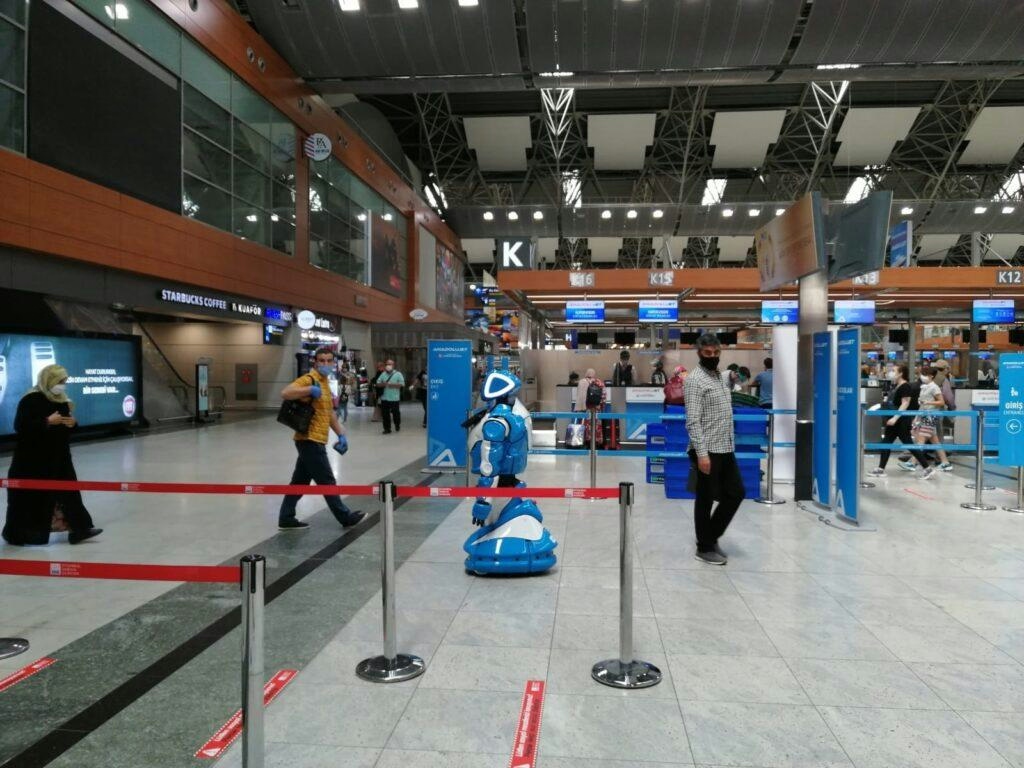
Malaysia Airlines Introduces AI Assistant ‘Mavis’ to Enhance Passenger Support
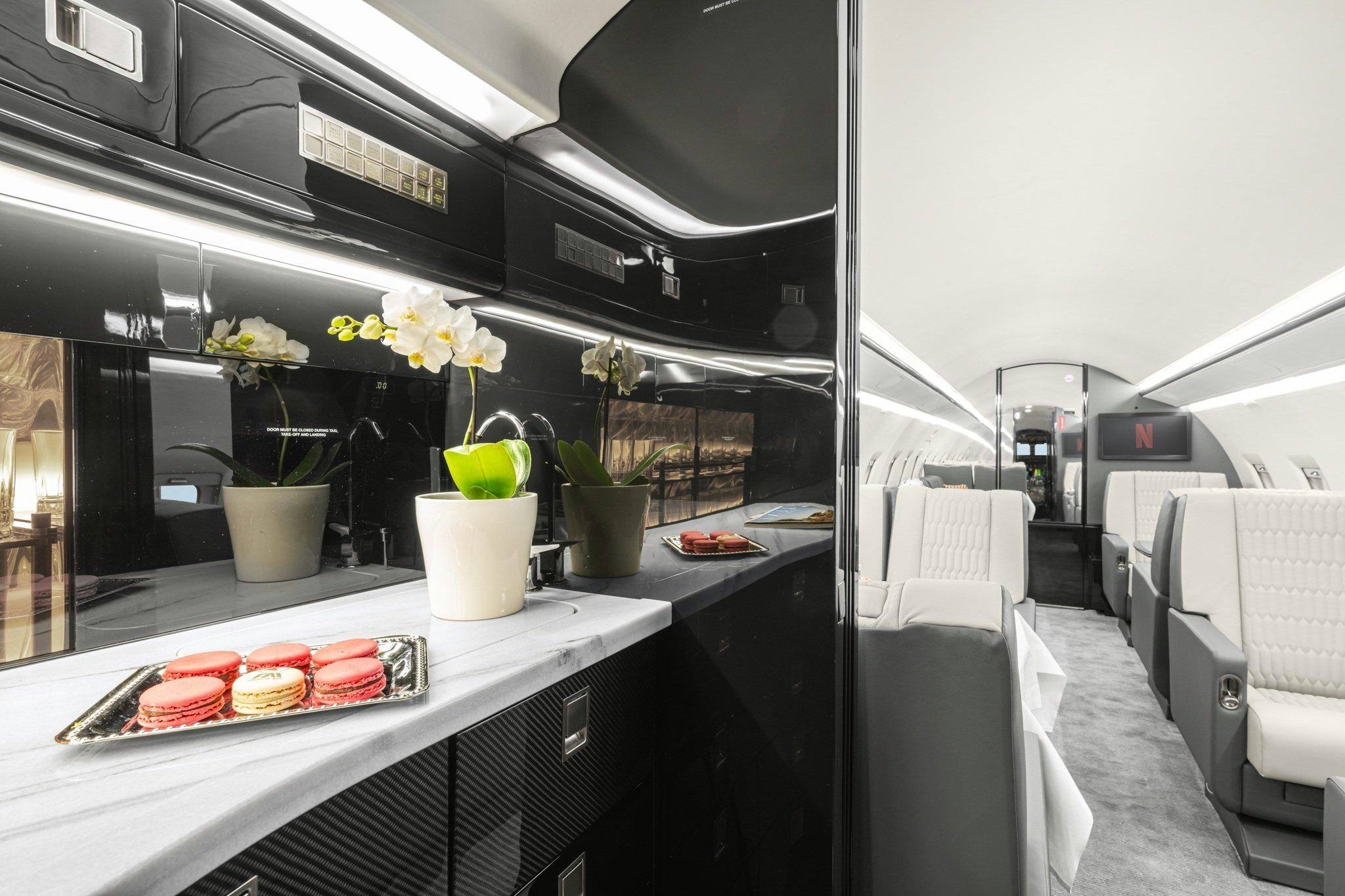
FAI Aviation Group Overview
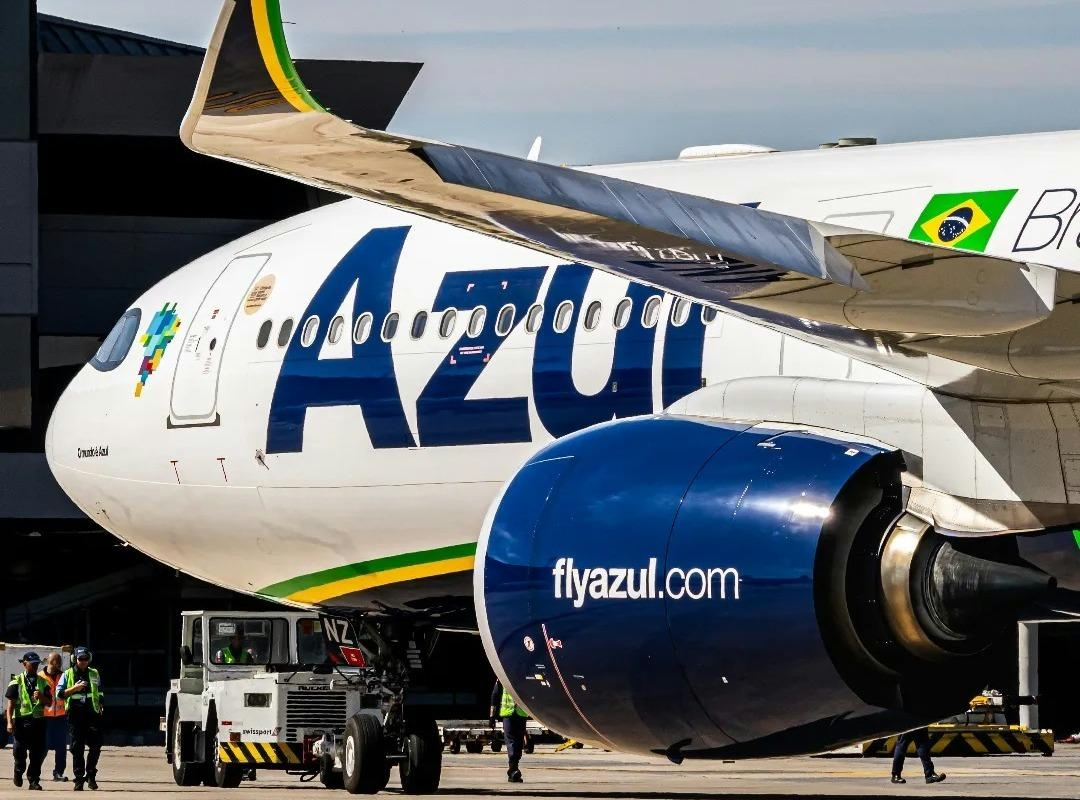
Azul Emerges from Chapter 11 Following Restructuring
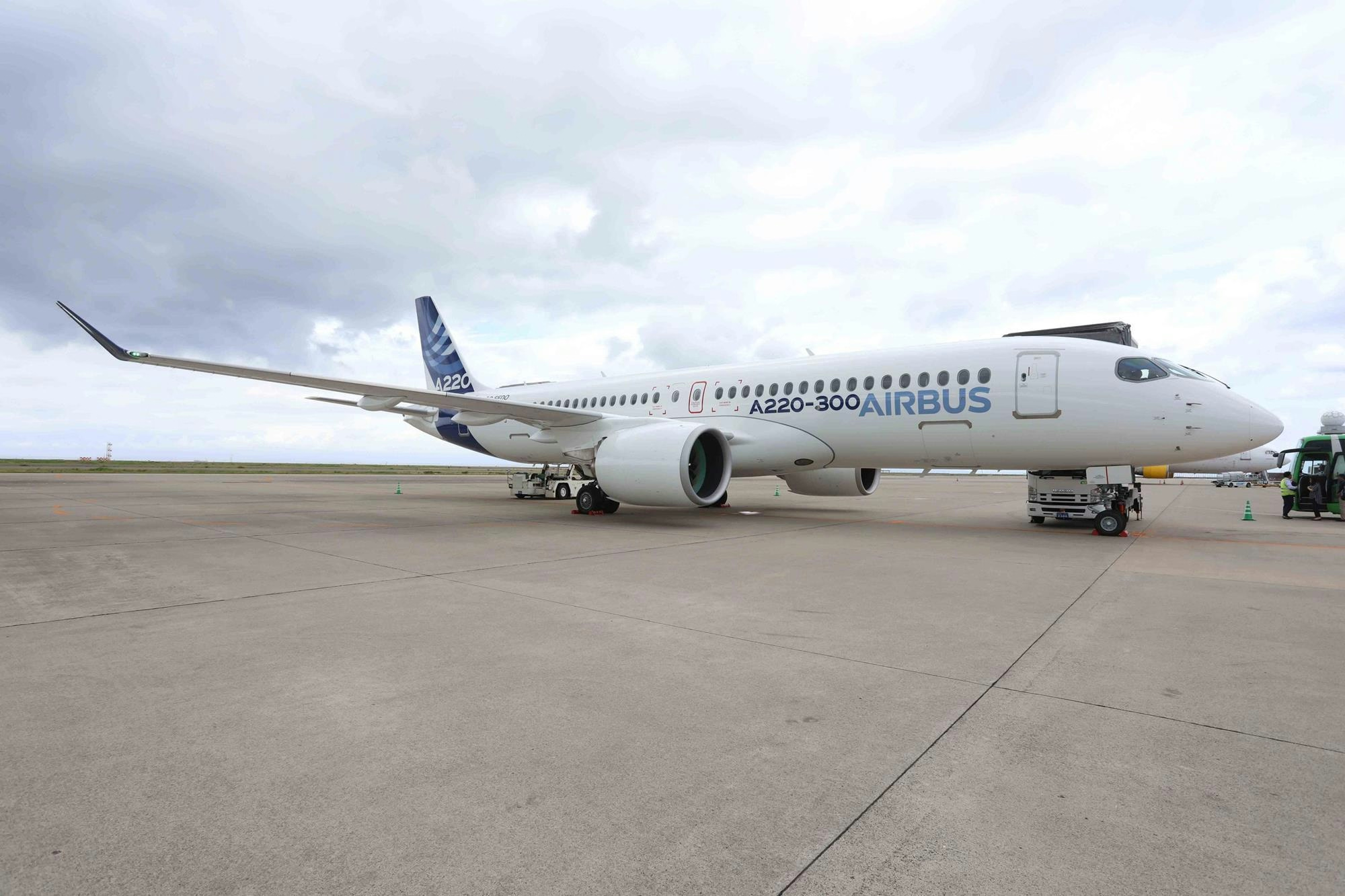
LS Technics Becomes Poland’s First A220-Certified MRO

Oneworld Names Ole Orvér as CEO
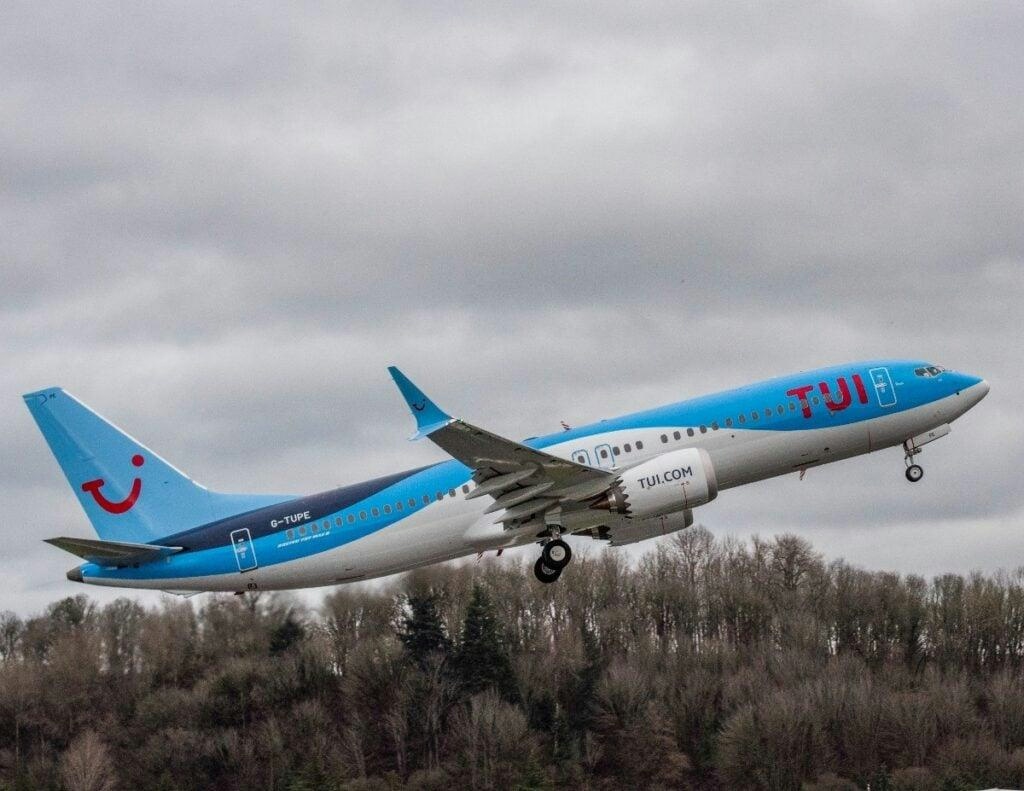
ABL Delivers Second 737 MAX 8 to TUI

How Operational Pressure Drives Airlines to Adopt Agentic AI

Bentley Uses Sustainable Aviation Fuel for Luxury Car Deliveries

Understanding FSC 55: Lumber, Millwork, Plywood, and Veneer in Aerospace Supply Chains
